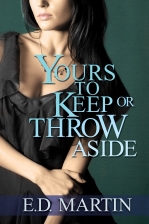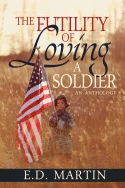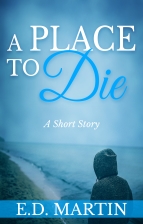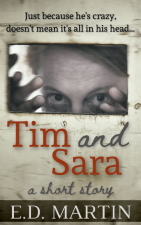I teach students who are reluctant readers, at best, especially the boys. Four of them this term are in a class called Guided Literature Projects. They read a book a week, then do a project on it – poster, essay, diorama, etc. Most students fail this class, or barely pass, because they pick books that are boring. To help them, I’ve been reading a lot of YA recently so I can recommend books they’ll actually enjoy.
- The Burn Journals by Mark Runyon. A kid asked me for something to read one day during study hall, and this was the only book I had in my classroom. He devoured it. It’s about a high school kid who hates himself and life so much that he sets himself on fire. He survives and writes about his recovery. It’s very open, very honest, and something I think students can relate to.
- Snitch by Allison van Diepen. A student in inner city New York has made a promise to herself to stay away from gangs. But then she falls for a guy and gets sucked in. She alerts him to a planned attack, thus earning herself the label of “snitch.” The book gives great insight into how circumstances can alter the best laid plans, as well as the consequences of being true to yourself and your friends. Even though the gangs in our community aren’t nearly as gung-ho as the Crips and Bloods of NYC, it’s still something that my kids can relate to with their “Snitches get stitches” mentality.
- Mexican White Boy by Matt de la Peña. The main character is half white, half Mexican. He doesn’t fit in at his all-white prep school, and he doesn’t fit in when he spends the summer with his Mexican father’s family. There he meets another mixed kid (half Hispanic, half black). The boys build a friendship based on baseball, a desire to fit in somewhere, and the attempt to earn the love and approval of their absent fathers. Definitely another one my students can relate to, as most of them don’t live with their dads.
- The Absolutely True Diary of a Part Time Indian by Sherman Alexie. The main character is a kid growing up on an Indian reservation in Washington. He makes the choice to go to school off the rez, making him a traitor to his people. But the town (like a lot of small, isolated towns in the western US) is deeply racist, and he doesn’t fit in there either. Meaningless death, alcoholism, staying true to your heritage while trying to succeed – this story has it all.
- Sunrise Over Fallujah by Walter Dean Meyers. I read Meyers’ Monster, so when I saw him tackling the Iraq War I picked this one up. Nope. It’s too sanitized for a war novel. I realize you need to tone things down for YA, but war is not one of them. This is not one I’ll be recommending to my students.
- The Basketball Diaries by Jim Carroll. Holy crap. Ever seen the movie Kids? It and this book are realistic in a way that makes you want to send your own children to a convent or monastery on an island somewhere without internet access. I know based on conversations with my students that things like this actually happen, but I’m going to be a prude and bury my head in the sand, fingers shoved in my ears as I hum loudly with my eyes squeezed shut. While this book has redeeming literary value, I will not be recommending this one.
Up next on my list:
- The Lords of Discipline by Pat Conroy
- The Outsiders by S.E. Hinton (shut up, I’ve never read it)
- Soul on Ice by Eldridge Cleaver
- Nineteen Minutes by Jodi Picoult
- The Enemy by Charlie Higson
- Face by Benjamin Zephaniah
- Come Clean by Terri Paddock
- Ship Breaker by Paolo Bacigalupi
- Paper Towns by John Green
What are your favorite YA books? Other books you’d recommend for kids who hate to read?





